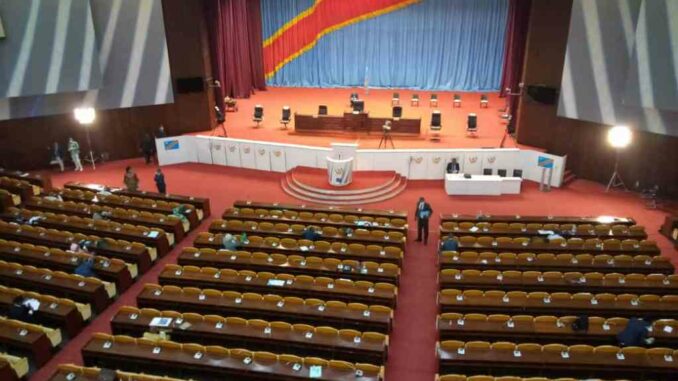
On May 22nd in Kinshasa, the Democratic Republic of Congo’s national assembly elected Vital Kamerhe as its speaker in a delayed vote. This is a key step towards establishing a government, coming five months after the presidential election. As a close ally of President Felix Tshisekedi, Kamerhe’s role as speaker makes him the country’s second-highest authority.
Out of the 407 MPs who cast ballots on Monday, an overwhelming 371 voted in favor of Kamerhe’s candidacy for speaker. The MPs also voted for six other positions in the lower house. This vote paves the way for Congo to finally form a government, which it has lacked since Tshisekedi won re-election in December 2023.
Tshisekedi had previously named Judith Suminwa as Congo’s first female prime minister on April 1st. The speaker vote was originally scheduled for May 18th but was postponed by Tshisekedi.
On May 19th, Congolese security forces claimed to have thwarted an attempted coup and repelled an attack on Kamerhe’s home in central Kinshasa. Kamerhe’s spokesman said two guards lost their lives in the attack.
Tshisekedi’s Sacred Union coalition holds a strong majority in parliament, with at least 90% of the 500 seats. Kamerhe, aged 65, was Tshisekedi’s campaign partner in the 2018 presidential election. He previously served as Tshisekedi’s chief of staff and deputy prime minister of the economy before being arrested in a corruption probe in 2020.
